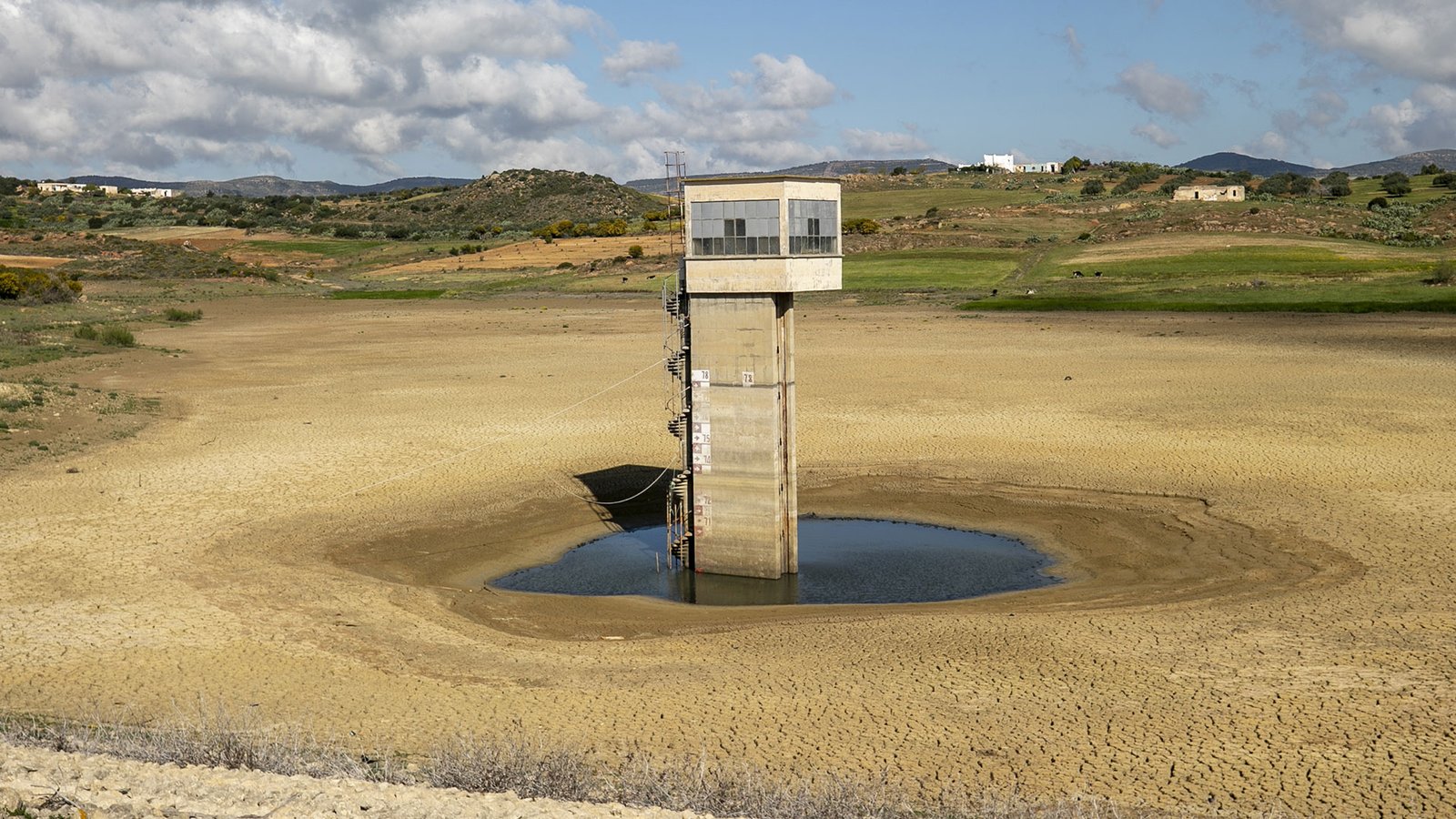Tunisia Implements Up to 16% Increase in Drinking Water Prices Amidst Drought Challenges
Tunisia has responded to a persistent five-year drought by raising its drinking water prices by up to 16%, as reported by the official gazette on Friday. Despite recent increases in average rainfall, government officials revealed that the country’s dams are only at 35% of their total capacity. Last year, Tunisia implemented a quota system for drinking water and prohibited its use in agriculture, subsequently initiating nightly water supply cutoffs since the summer.
The adjustment in water pricing does not affect small consumers, aiming to minimize the impact on everyday citizens. However, for those exceeding 40 cubic meters of consumption, there is an approximate 12% increase, bringing the cost to 1.040 Tunisian dinars ($0.33) per cubic meter. Consumers falling within the 70 to 100 cubic meters per quarter range will experience a 13.7% hike, paying 1.490 dinars per cubic meter immediately.
The most significant price surge, amounting to a 16% increase, is reserved for those surpassing 150 cubic meters of consumption and for tourist facilities. Consequently, the new rate for this category stands at 2.310 dinars per cubic meter.
Tunisia’s proactive response to its water scarcity involves the establishment of water desalination plants. These initiatives are an attempt to compensate for the country’s insufficient dam capacity and to counter the adverse effects of climate change on water resources. It reflects a comprehensive approach to tackling the water crisis, combining short-term measures such as price adjustments with long-term solutions like desalination technology.
The economic implications of these price adjustments underscore the government’s commitment to managing water resources sustainably. By introducing tiered pricing based on consumption levels, the authorities aim to encourage responsible water usage. The balancing act between addressing immediate concerns and implementing strategic, forward-thinking solutions showcases Tunisia’s dedication to navigating the complex challenges posed by climate change and water scarcity.
In conclusion, Tunisia’s decision to raise drinking water prices signifies a multifaceted approach to address the prolonged drought. The tiered pricing structure aims to strike a balance between mitigating immediate challenges and preparing for a more sustainable water future, reflecting the nation’s commitment to resilience in the face of environmental pressures.



















